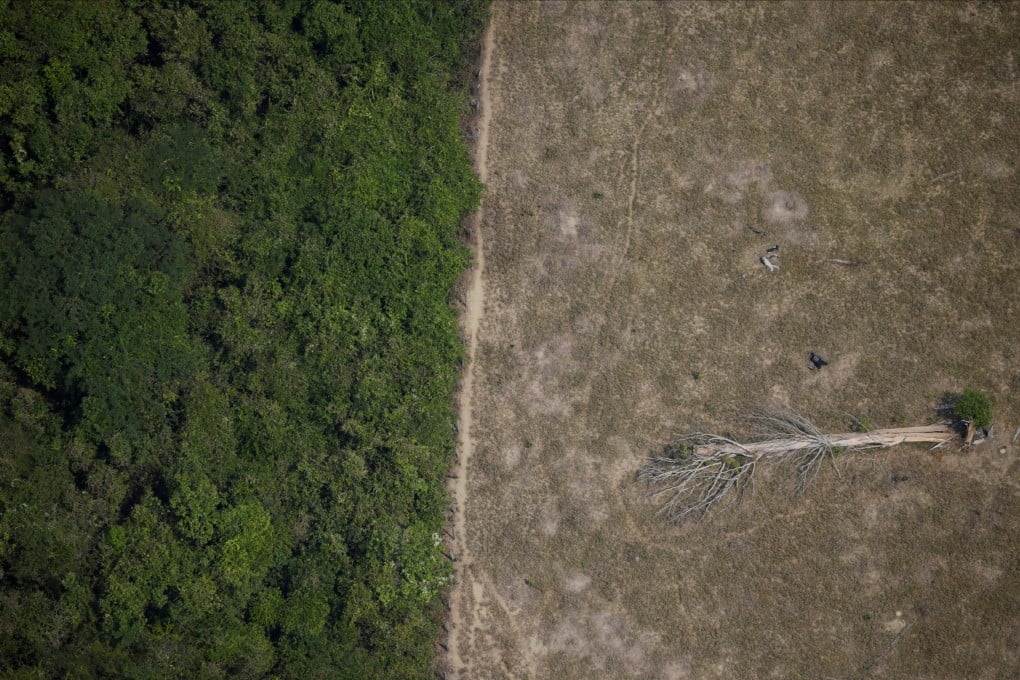Editorial | Thinking that forests worth more dead than alive must end
- More than 100 world leaders who have signed up at crucial climate change conference to end deforestation and land degradation by 2030 should keep their word for all our sakes

But promises are empty without action, and success of initiatives can only be gauged through delivery and monitoring.
The countries that have signed the declaration account for more than 85 per cent of the world’s forests and include the biggest polluters, China and the United States, and nations with significant endangered tree cover, among them Brazil, Indonesia and the Democratic Republic of Congo.
They have committed to “working collectively to halt and reverse forest loss and land degradation by 2030 while delivering sustainable development and promoting an inclusive rural transformation”.

01:24
First COP26 pledge: world leaders agree to end deforestation by 2030
The pledge includes almost US$19 billion in public and private funds to protect and restore forests. CEOs from more than 30 financial institutions have committed to eliminating investment in activities linked to deforestation.
